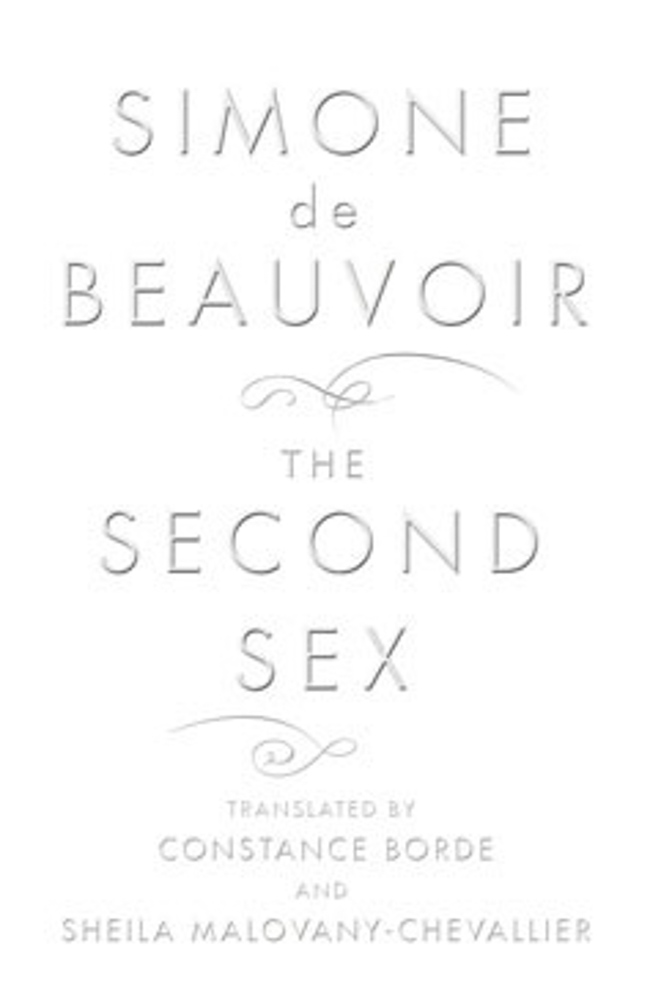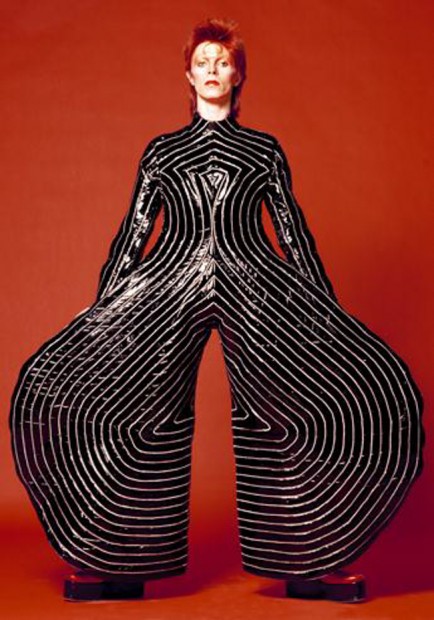First published in 1949, Simone de Beauvoir’s groundbreaking study of women is the seminal work in the history of feminism, and the book from the existentialist movement that has had the most enduring impact. However, despite its cult status, this international bestseller had never until now been properly translated in English. To mark the 60th anniversary of publication, Constance Borde and Sheila Malovany-Chevallier, two American writers and professors who have lived in Paris for over forty years, have produced the first integral English-translation, complete and unabridged. Here, they talk to Chic-Londres about their work.
How did you decide to create a new translation of the Second Sex?
Because the existing translation, which was forty years old, was very bad. At the time it was done, the publishers at Knopf thought the American public wasn’t ready for such a long and complicated text, so decided the translation should be shorter and simplified. They also considered that its main subject was sex, hence their decision to hire a zoologist specialised in sexual reproduction to translate the book, despite the fact that this man, Howard Madison Parshley, knew nothing about existentialism and the Hegelian concepts at its core. The fact that he was a man might also explain his decision to erase the whole chapter on History, where Simone de Beauvoir wrote about thirty exceptional women -scientists, writers, army generals…- who never made it into History books. We discovered the translation in 1999, during an event to celebrate the book’s 50th anniversary. As American feminists living in Paris, a new translation immediately seemed to us like an obvious and exciting project, all the more that many American professors and journalists had already started to campaign for a new translation.
What can one learn from a book on women written sixty years ago, before their sexual and social emancipation?
Of course, the status of women in our society has vastly improved, if only because they can now control their biological destiny, which was not the case at the time. However, there are still huge pressures on women, for example to get married and have children, despite the fact that women now have much more choice. The reality remains that without financial independence, a woman can’t be totally free. In fact, this book isn’t about happiness, which is not a word that Beauvoir uses very often, but about freedom and equality, and how to become a subject in one’s own life rather than an object. This is about how to relate to the other without alienating one’s liberty. She certainly doesn’t say that women can’t be an object, as long as this is a choice, in the sense that in love, one must give oneself to the other. But what she says is that the act of giving oneself must come from both, and that this attitude allows the love to grow rather than disappear.
What did you find most interesting while translating the book?
Simone de Beauvoir, who was 41 when she wrote the Second Sex, was a complete workaholic, who spent her time reading, learning and writing, and as a result, her book is immensely knowledgeable. Her chapter on biology might seem amusing to scientists, as it is quite limited when it comes to actual research, but the fact remains that she demonstrated how much the inequality between men and women was social rather than biological, hence de facto inventing what has become known as gender studies, even though this expression didn’t exist at the time. That said Simone de Beauvoir’s book isn’t only about women, but more generally about “the other”, and how the foreigners and the ones who are different are treated in society. Lets’ not forget that she wrote the book in 1949, and that the memories of occupied France and the persecution of the Jews were still vivid. She also travelled a lot to the States and was very aware of how Black people were treated back then. But despite this thematic, the book appears full of optimism, which might explain why Beauvoir remains such a heroic figure, including for the younger generations.
Simone de Beauvoir, The Second Sex: a new translation by Constance Borde and Sheila Malovany-Chevallier, published by Jonathan Cape, Random House (£30.00)
Simone de Beauvoir was born in Paris in 1908. In 1929, she became the youngest person ever to obtain the prestigious agrégation of philosophy at La Sorbonne, where she met Jean-Paul Sartre, her life partner, with whom she had an open relationship until he died in 1980. She taught at the lycées at Marseille and Rouen from 1931 to 1937, and later in Paris from 1938 to 1943.
After the war, she emerged as one of the leaders of the existentialist movement, working with Jean-Paul Sartre on the philosophical review Les Temps Modernes. The author of many books, including the novel The Mandarins (1954), which was awarded the prix Goncourt, she was one of the most influential thinkers of her generation. She died in 1986, leaving behind her an adoptive daughter, Sylvie.
















